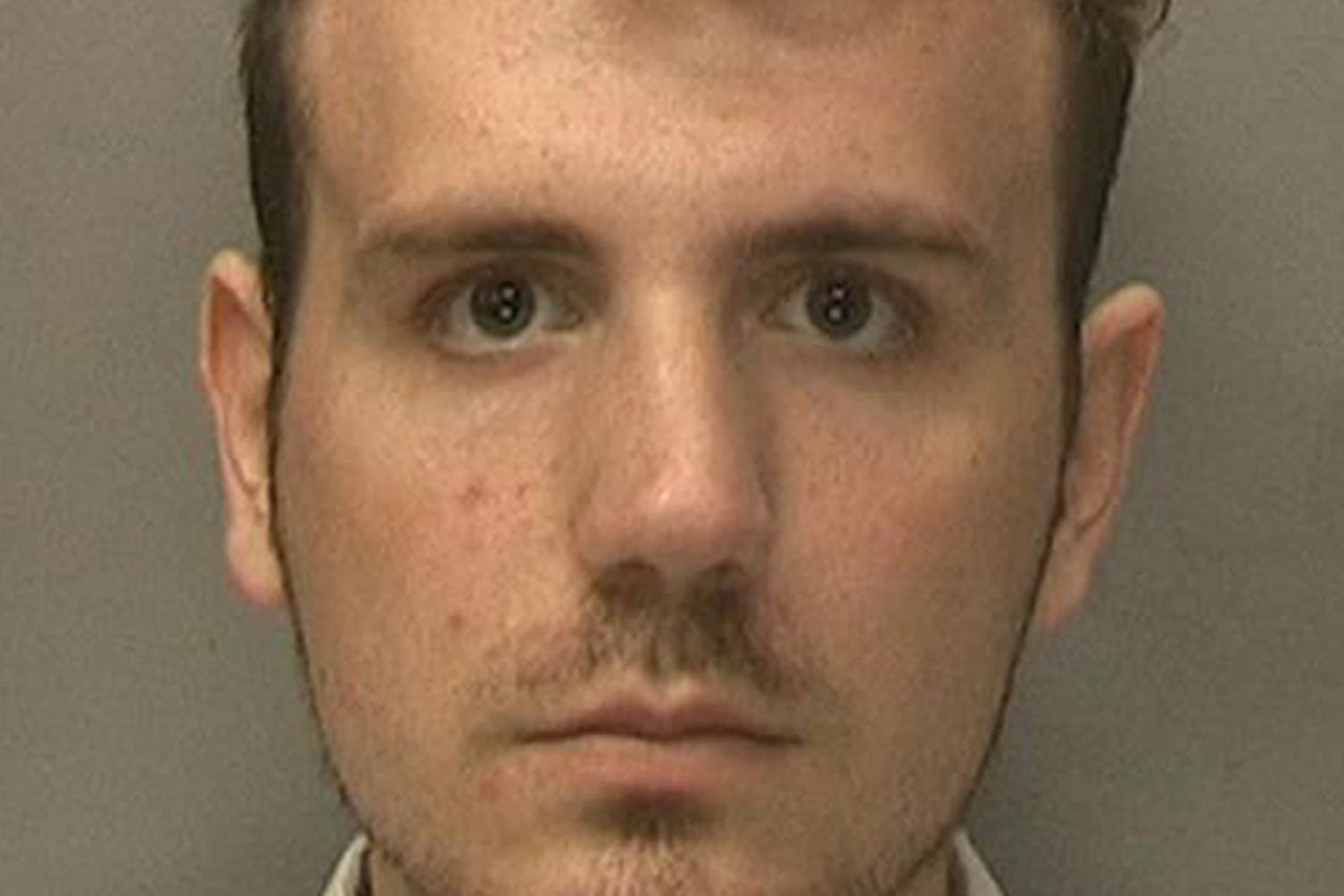Video gamer whose fake call to US police led to the shooting of innocent man is spared jail
The ‘swatting’ incident led to a police unit being sent to the home of Tyran Dobbs, who was shot

A British video gamer whose fake call to US police led to the shooting of an innocent man has been spared jail.
Robert Walker-McDaid, 28, from Coventry, rang a US terrorism hotline in 2015 claiming he had plastic explosives and hostages.
The “swatting” incident led to a Swat (special weapons and tactics) police unit being sent to the home of Tyran Dobbs, who was shot with plastic bullets.
Walker-McDaid had posed as Mr Dobbs, who was shot in the face and chest and suffered severe life-changing facial injuries.
“Swatting” means making a hoax call about a serious crime to emergency services to incite panic and instigate the deployment of an armed response unit (Swat team) to neutralise a perceived threat.
Walker-McDaid is the first person in the UK to be charged over “swatting”, according to the Crown Prosecution Service, which worked with the US Department of Justice and the FBI.
He earlier admitted perverting the course of justice and was sentenced at Warwick Crown Court on Friday to 20 months in prison suspended for 18 months.
He was also ordered to complete 200 hours of unpaid work and pay compensation of £1,000 to Mr Dobbs.
Zachary Lee, of Catsonville, Maryland, in the US, had met Walker-McDaid while playing video games.
He messaged him saying he needed “someone swatted”.
Lee, who was jailed for two years in 2018 for his role in the crime, shared Mr Dobbs’ address with Walker-McDaid, who then called a Maryland terrorism hotline posing as Mr Dobbs.

He told emergency services he was armed, was holding three people captive and had several bombs readied.
He claimed he would execute the first hostage “within 15 minutes” unless he received 15,000 dollars (£12,000) in cash.
The Swat team then went to the address believing the threat to be real.
Hannah Sidaway, specialist prosecutor for CPS West Midlands, said: “Swatting is far more than a crude prank, it is a serious crime which can have devastating consequences.
“Walker-McDaid may not have intended to cause such serious harm, but by sowing panic and deceiving law enforcement into responding to a fictitious threat, he left an innocent man with life-changing injuries.
“British-based offenders who hide behind online anonymity to commit serious crimes abroad will not escape justice, and we will continue to work collaboratively with international partners to ensure perpetrators will face the full force of the law.”
Erek L. Barron, US lawyer for the district of Maryland, added: “We will continue to use every tool at our disposal and work closely with our international partners to ensure that those who seek to harm Americans will face justice, wherever they may be.”
